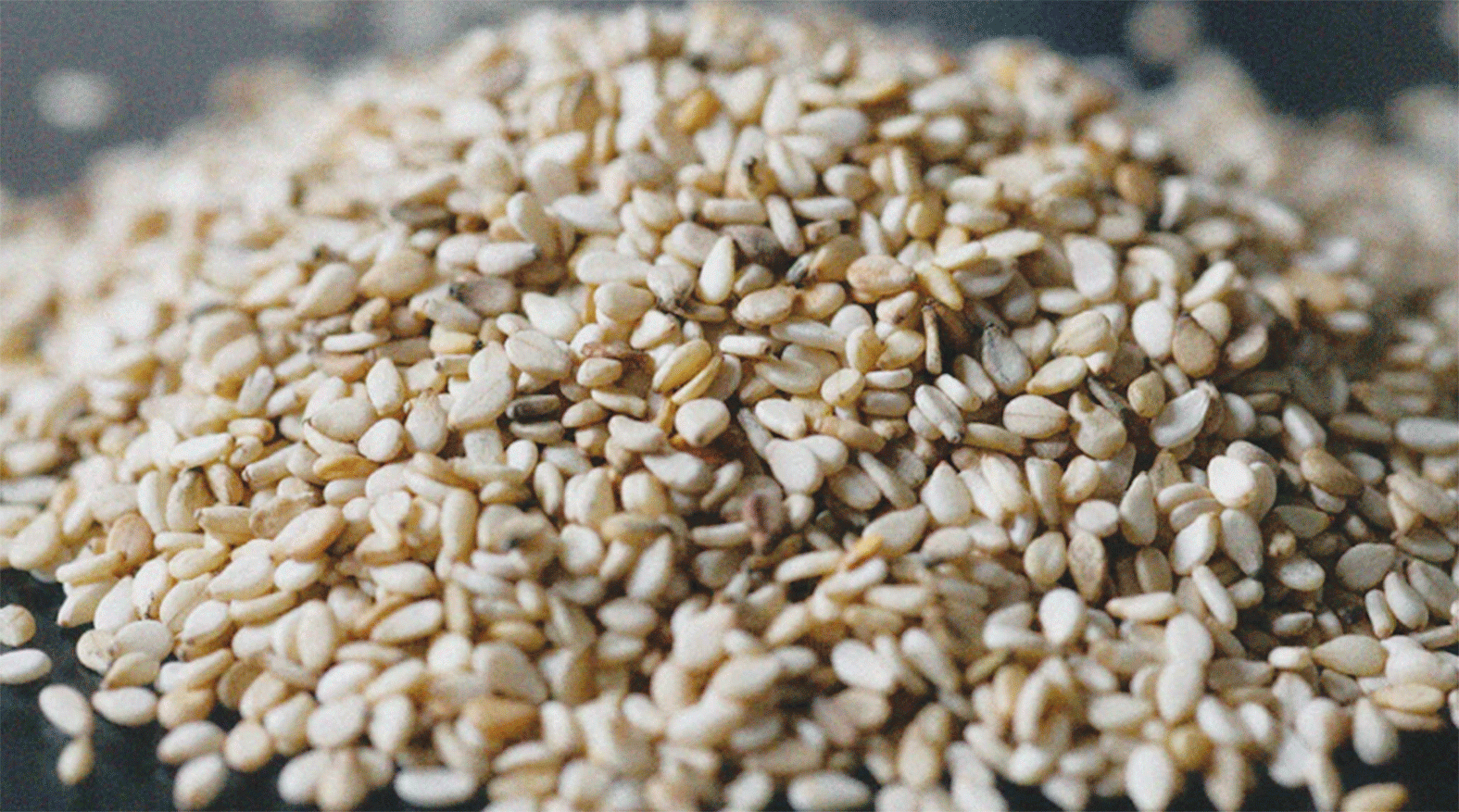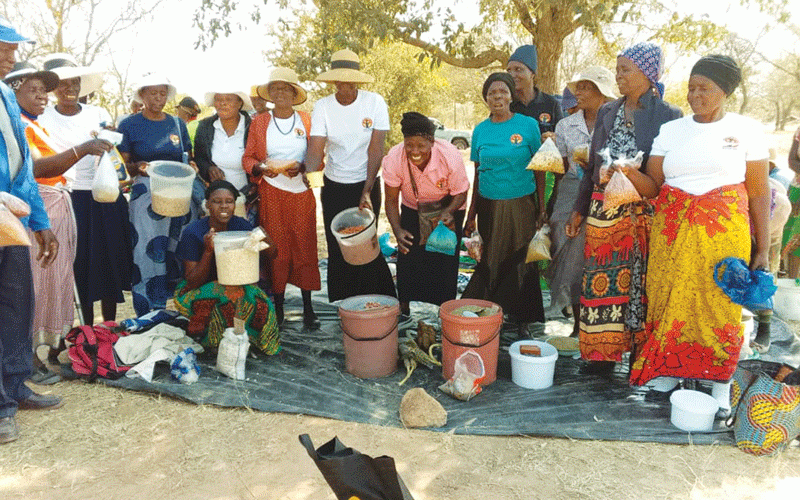
SESAME farmers in Mwenezi are reaping the rewards of a game-changing development following the establishment of a value-addition processing plant in Rutenga.
The facility, part of a US$1 million multi-service centre spearheaded by Sustainable Agriculture Technology (SAT) in partnership with government, has opened up new markets while creating jobs and strengthening rural industrialisation.
In an interview, Masvingo Provincial Affairs and Devolution minister, Ezra Chadzamira, hailed the development as a strategic victory in the fight against smuggling.
“This plant will help curb the illegal smuggling of sesame through our borders into Mozambique, a challenge we have battled for years,” he said.
The project has received critical international backing.
Yesterday, the Japanese embassy handed over sheds and containers to boost processing capacity.
Japanese ambassador to Zimbabwe, Shlinichi Yamanaka, said that the initiative forms part of a World Food Programme-supported project, backed by a US$5 million contribution from Japan.
“The programme seeks to promote climate resilience and sustainable agriculture among 37 000 smallholder farmers across five districts in Zimbabwe. With SAT as the implementing partner, value-added sesame will be exported to Japan, with ITOCHU Corporation playing a key role in the value chain,” he said.
- Embracing green buildings to save energy
- In Conversation with Trevor: Chisamba: Let’s be proud of ourselves
- In Conversation with Trevor: ‘I tried to change Zanu PF from within’ – Margaret Dongo
- Top artistes to light up OK Grand Challenge after-party
Keep Reading
SAT’s deputy country director, Lloyd Masunda, revealed that sesame exports have grown exponentially since the project began.
“In our first year, we exported just 21 tonnes. By the second year, we reached 250 tonnes, and this year we are targeting 400 tonnes. We now work with more than 8 000 farmers across Mwenezi and Chiredzi,” Masunda said.
For years, smallholder sesame farmers in Mwenezi were forced to sell their produce to informal buyers, often from Mozambique, who paid exploitative prices. Today, the story is changing. Farmers now bring their harvest to the local plant, where sesame is processed, value-added, and exported to regional and international markets.
“As sesame farmers, we are delighted with this development. Previously, our crop went mostly to illegal buyers across the border. Now, as shareholders in this plant, our produce is processed here, sold properly, and earns us much more,” said farmer Tonderai Chiunye.
Another grower, Claude Moyo, highlighted how the benefits extend beyond income.
“Through the Sesame Growers Association, we have secured foreign currency earnings. This allows us to send our children to school and improve our livelihoods,” Moyo said.
With the Rutenga plant providing a ready market and connecting farmers to global buyers, Mwenezi is fast emerging as a hub for rural industrialisation. For growers, the new sesame economy means not just higher earnings, but a brighter, more sustainable future.








